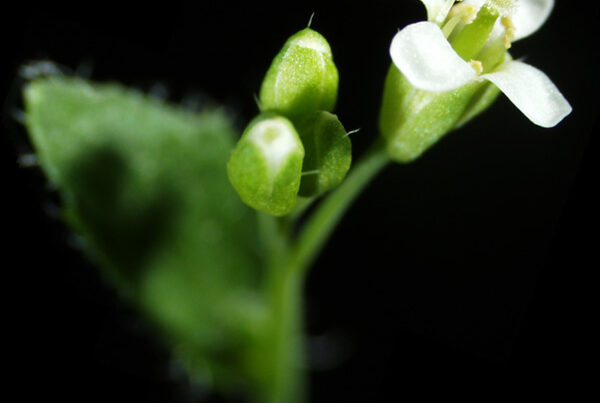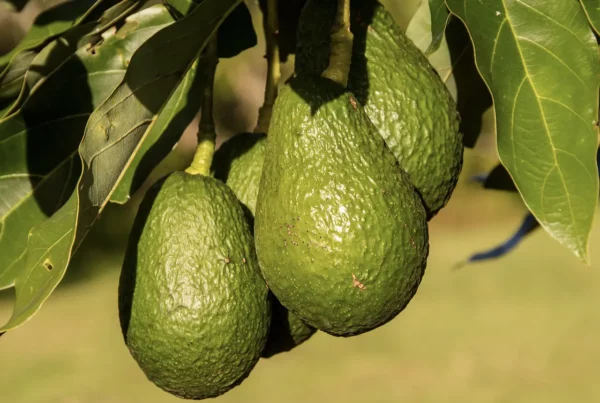CONSTANS (CO), a well-known member of the B-box family, is the major component of the photoperiodically regulated flowering and circadian pathways in Arabidopsis (Arabidopsis thaliana). CO is expressed in various tissues, including seedling roots and young leaves. However, the roles and underlying mechanisms of CO in modulating physiological processes outside of flowering remain unclear. In a study published in Plant Physiology, researchers from the Xishuangbanna Tropical Botanical Garden (XTBG) of the Chinese Academy of Sciences showed that CONSTANS protein negatively modulated salinity tolerance in Arabidopsis by physically associating with and antagonizing the ABSCISIC ACID-RESPONSIVE ELEMENT BINDING FACTOR (ABF) transcription factors under long-day conditions.
The researchers first analyzed the spatial pattern of CO expression and detected its transcripts in young leaves and seedling roots. They observed that the CO transcription and proteins levels decreased in salt-stressed seedlings.
They then performed phenotypic analyses and found that CO negatively mediates salinity tolerance under long day (LD) conditions. The loss-of-function co mutant seedlings were more tolerant to salinity stress, whereas overexpression of CO resulted in plants with reduced tolerance to salinity stress.
Genetic analyses revealed that the negative role of GIGANTEA (GI) in mediating salinity tolerance required a functional CO protein. Further investigations showed that CO physically interacts with the ABSCISIC ACID-RESPONSIVE ELEMENT BINDING FACTOR1 (ABF1), ABF2, ABF3, and ABF4, which belong to a large family of basic leucine zipper domains.
These ABFs were positively involved in the modulation of salinity tolerance. CO repressed the expression of several salinity-responsive genes and interfered with the transcriptional regulatory function of ABF3.
“Our results suggest that CO antagonistically interacts with ABFs to inhibit salinity responses. This study provides a mechanistic understanding of how plant salinity tolerance is negatively regulated by CO functioning in conjunction with ABFs transcription factors,” said HU Yanru of XTBG.
Read the paper: Plant Physiology
Article source: Chinese Academy of Sciences
Author: ZHANG Nannan
Image: plate of Arabidopsis thaliana seedlings. Credit: Alena Kravchenko / Wikimedia








